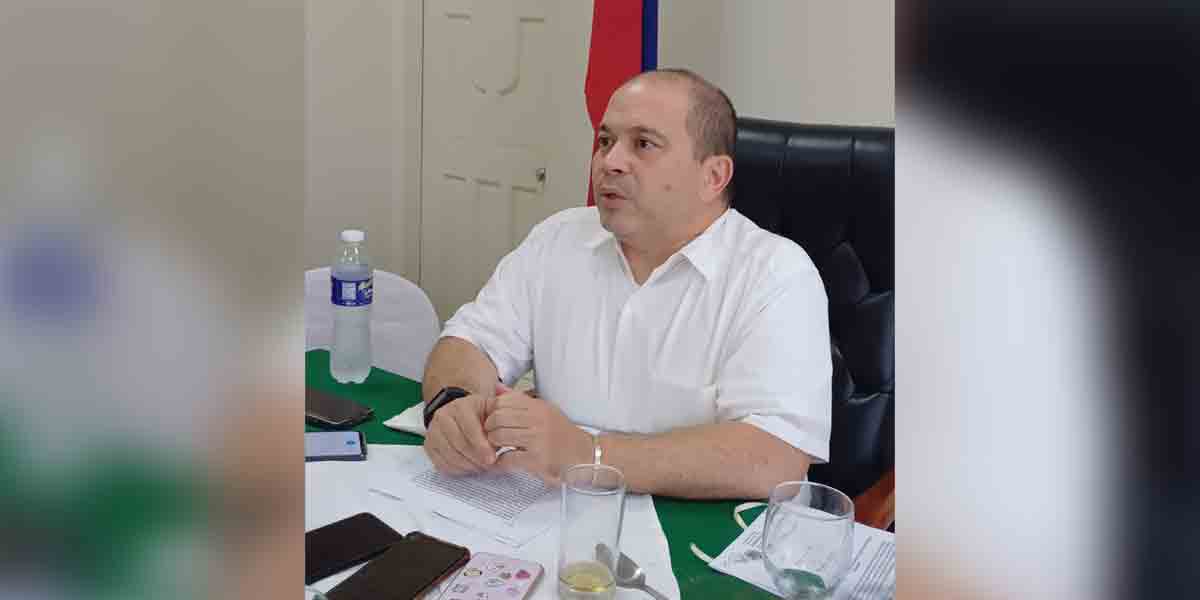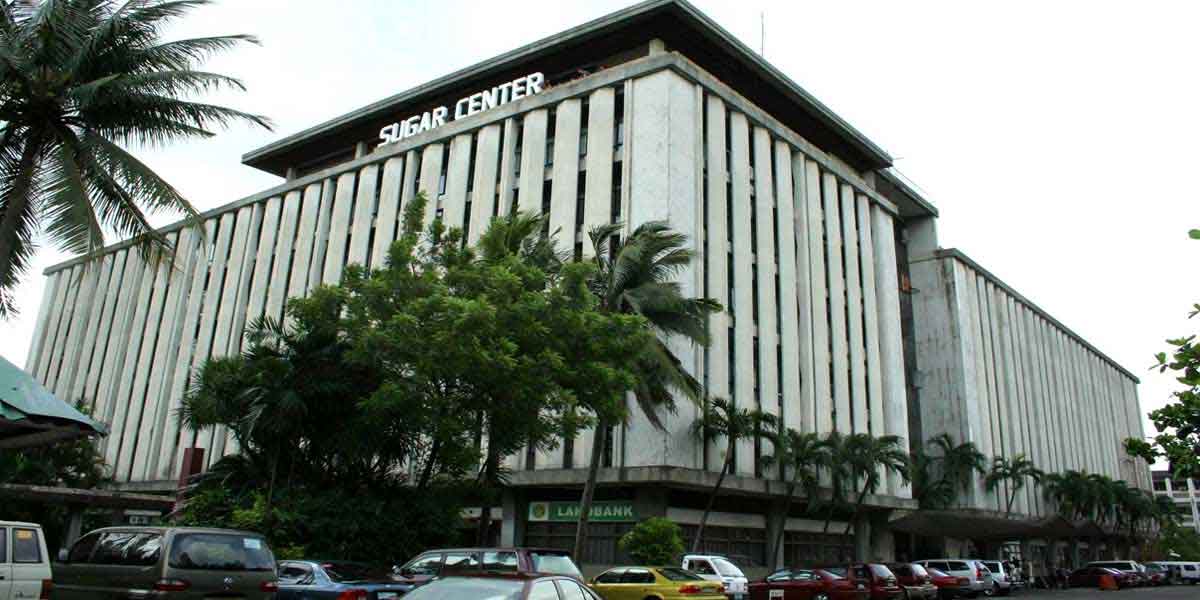
By Mariela Angella Oladive
The Center for Informatics (CFI) of the University of San Agustin (USA) officially introduced a project that will help the indigenous peoples (IP) through artificial intelligence.
The ATIPAN+ project was launched on December 1, 2023 at the Sta. Monica Hotel, Jalandoni St., Iloilo City.
ATIPAN+ is an internationally-funded project centered on pandemic/epidemic preparedness and mental health effort dubbed as “Telehealth Data, Predictions, Pandemic Prevention and Preparation (TDP4): early resources mobilization and long-term mental health response in highly vulnerable Indigenous Communities.”
Dr. Romulo de Castro, the project leader, discussed the rationale behind TPD4 and Atipan by highlighting its foundation on CFI’s prior telehealth project (ATIPAN: https://www.usacfi.net/atipan-project.html).
With the addition of a plus sign (+) in Atipan, the current project now includes more innovations and partnerships with additional Indigenous communities.
“Now we have expanded into three more communities, introducing new initiatives, such as AI (Ati Innovation).” Dr. De Castro emphasized and further shared ongoing efforts, including community-led solutions to improve internet connectivity, incorporating signal boosters for enhanced accessibility.
The Atipan+ project utilizes telehealth data to monitor the health of Indigenous communities, predicting mental health outcomes for future public health emergencies, with concomitant modeling of the required resources needed to be mobilized to respond.
It is a collaborative project on Artificial Intelligence for Pandemic/Epidemic Preparedness (AI4PEP) funded by the International Development Research Centre (IDRC), an agency of the government of Canada, via York University (Toronto, Ontario, Canada) along with the university’s non-profit research arm, the Research and Development Foundation, Inc. (RDFI).
With the project, the CFI becomes a member of an international network of artificial intelligence (AI) practitioners for public health, the Global South AI4PEP Network, spanning Asia, Africa, the Middle East and South America.
The collaborative research initiative was marked by the ceremonial signing of the Memorandum of Understanding (MOU) between Dr. Adriano Suba-an, DOH Regional Director; and the President of the University of San Agustin, Fr. Frederick Comendador.
Dr. Jonel Saludes, Vice President for Research and Global Relations, underscored in his message the university’s unwavering commitment to extend its reach beyond academia.
Emphasizing that the program is designed to actively serve the community, Dr. Saludes said, “The USA’s research program is not just for academic exercise; these are established to serve. The discoveries will not remain on paper; they will be given to the community.”
Leaders and members of the Ati people shared their insights and expectations for the initiative.
Ericka Villasor, an Ati mother and health coordinator from Antique, expressed her gratitude, highlighting the impact of CFI’s previous telehealth project (ATIPAN).
“Atipan greatly helped our community, especially in terms of financial support, medical care, and hospital access. I can say that it served as an angel to us because, thanks to this, my child was given a second life.”
Villasor recounted the past when their elders would seek traditional healers and emphasized the positive shift brought about by modern healthcare practices.
Elias Valencia, Ati Leader of Dumarao, Capiz, echoed Villasor’s sentiments, emphasizing the hope the program has given in their community. He also addressed the discrimination they previously faced when seeking healthcare within the local community.
The event was attended by regional Department of Health (DOH) officials, including Dr. Ma. Sophia S. Pulmones, Assistant Regional Director, and Dr. Mary Jane Juanico Esteva, along with Dr. Aimee Marie Gayomali, Medical Officer IV of DOH Western Visayas Center for Health Development.
Dr. Pulmones expressed enthusiasm for the project and shared the Eight-Point Action Agenda. This comprehensive plan outlines strategies to be implemented by the sectors to achieve Universal Health Coverage (UHC) for all Filipinos.
Also present were two esteemed international collaborators from the University of Alberta, Canada, who shared their enthusiasm for cutting-edge research and its potentially transformative impact on the health of vulnerable communities: Dr. Eleni Stroulia, a Professor of Computing Science specializing in Artificial Intelligence and Software Engineering, and Dr. Arto Ohinmaa, a Professor of Public Health with expertise in Health Economics.
Two other international experts – Dr. Anil Thapliyal, Executive Director of eMHIC (eMental Health International Collaborative) and Professor Andrew Greenshaw, a psychiatrist and faculty member at the University of Alberta Canada and Scientific Director of the APEC Regional Hub on Mental Health – participated in the launch and earlier project meetings.
They offered insights into the global and regional perspectives of digitalizing mental health information, contributing valuable perspectives to the initiative.
The collaborative effort will address various healthcare aspects, including mental health, cardiovascular diseases, diabetes, infectious diseases, health data interoperability, digital health and telehealth, data science, machine learning, artificial intelligence, community engagement, and Indigenous health.
This initiative represents a significant step towards empowering Indigenous communities and further strengthening overall public health resilience.



















